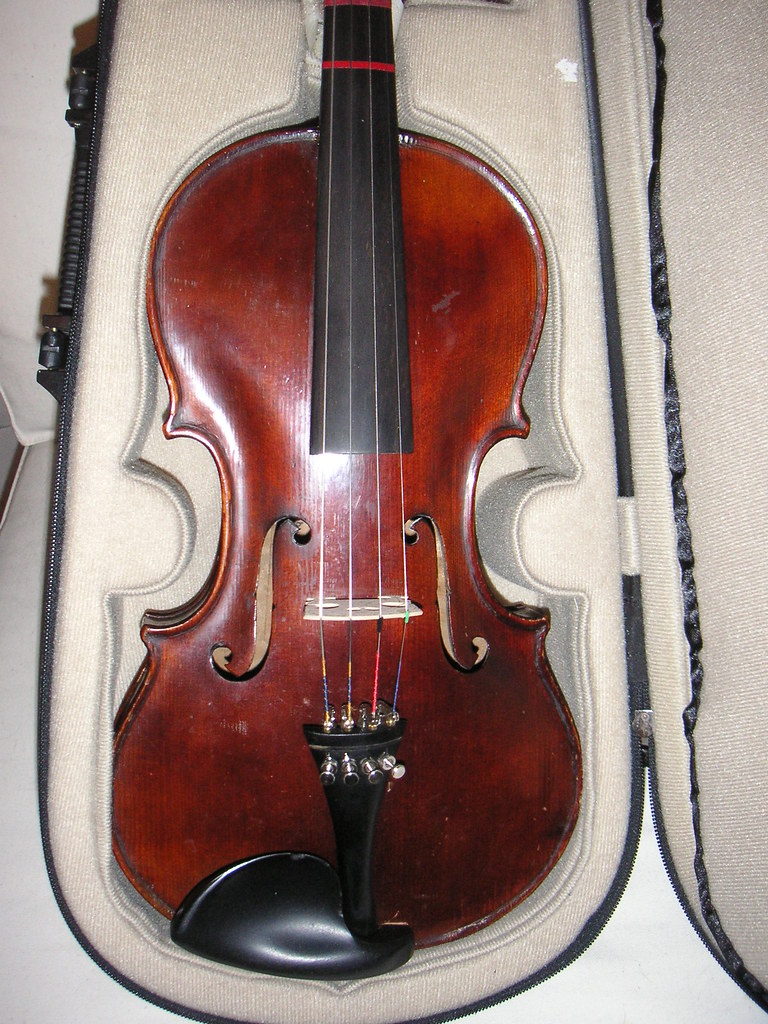 ear Reader,
ear Reader,

We interrupt our regular programming to talk about the first book in our series of seven. For those of you who don’t know, The Center for Fiction in Brooklyn, NY, presented a contest for debut novelists last December. Seven novelists made the shortlist and one of those was selected as the winner. My idea was that we read those seven ourselves and see what we think. We’ll vote.

CHEATING IS ALLOWED
(No!)
Now some of you may not have gotten that far. Meant to read about it. Thought about reading it. Decided not to read it. Didn’t think about it at all.
To coin the opening remark in our favorite play, Waiting for Godot, “Rien à faire.” (Nothing to be done.) So those of you who haven’t read the books can just read our discussion about them and then vote. Why not.
Cheaters: OK!
Non cheaters: OK!
ASIDE
(Good lord, we’ve hardly begun.)
I think it’s interesting to note that Beckett wrote his play in French and then translated it himself into English. I have a bilingual text. The differences are intriguing, so I will yak about them in another post.
(Okay, worth noting.)
HOW DO WE DECIDE?
To compare the books, I thought we could have a list of questions we pose about each book, with some wiggle room for ideas that are unique.
Memorable: What was memorable about the book?
Skill: What seemed complicated but was done well? (Think the halfpipe Olympics. Good grief.)
Pace: Anything dragging?
Questions: Why this or that?
Characters: Surprising?
Ending: “Ah,” or “Meh?”
Title: Frosting on the proverbial cake?
Themes: Always interesting.

Wiggle Room:
FIRST UP
Swimming Back to Trout River by Linda Rui Feng
MEMORABLE
Four Chinese lives intertwine: Momo, a village boy who earns a prestigious scholarship and does his village proud; Cassia, a nurse, who becomes his wife, who nurses a brutal secret; Junie their child born with no legs from the knees down; and Dawn, a violinist and college friend of Momo’s. The early part of the book with its rich setting and each personal adjustment of three adults to the cultural revolution is very painful and compelling. There’s the skill, too, the weaving of these stories and the rich setting where they take place, always under the baleful eye of Mao Ze Dung’s cultural revolution. Because music was considered bourgeoise, for ex, it was forbidden. And when the Red guards, came to Dawn’s house, it was her grandfather, an accomplished pianist, who told Dawn to get the violin and give it to the Guards; the violin was smashed it. That painful moment lives with me.
SKILL
Keeping track of four voices and knowing when to alternate them was especially well done. The sheer complexity of these lives and countries and history is beautifully rendered. The narrative insertions of Chinese words, such as yuafen is very effective. The author defines this word as, “A condition two people are said to have between them, like ambient weather, not like the clumsy American word fate.”
PACING
Momo goes to the West, to study engineering in a make-believe town in Wyoming, leaving Junie with his parents. For me the story drags here. Familiar terrain, which, I don’t know, maybe takes too long. Cassia intends to join her husband, flying into San Francisco, but decides not to continue on to meet him. She is the most fragmented character. No notes to her daughter at Momo’s parents; why, exactly does she not join her husband? What is compelling about San Francisco? She begins an affair with a street artist, but she’s not very engaged with the whole thing.

Dawn. We miss Dawn who only reappears briefly as she defects when, as a member of an orchestra, she makes it to the States. Dawn? Orchestra? How did that happen? And later on, she’s a head honcho in one. Wait, what? as my students used to say. Dawn’s is a virtually untold story in the book to the extent that some readers believe there were only three main voices and not four. This I think is the book’s weakness.
ENDING
The ending was fine by me. We follow Momo who drives to see Cassia, and then we follow the two of them on their way to scatter the ashes of a stillborn baby they’d had after Junie. A tender, fragile almost-reconciliation in the fog. On their way back to the city, the narrative gaze alights on an elk, who is described so closely it is almost as if we have his point of view, but only almost. Very skillful on the part of the author. The elk steps out into the road, causing a fatal accident, for Momo was an uncertain accident.
Meanwhile, Momo had been in correspondence with a modern violinist who knew Dawn. And it is Dawn who goes to Trout River to teach Junie the violin, and Junie apparently becomes highly successful.
The title is a bit out of left field, since nobody who had been in Trout River returns. I think the title is something of a promise.

WIGGLE ROOM
In a recent craft lecture about character arc, I learned that the most effective characters have a false belief, which they have to confront around the climax of the story. It seems to me that Cassia is the only one with that kind of character arc. The man she first loved was harassed during the cultural revolution and ultimately bullied backwards until he fell out of a window. Cassia never recovered; never told her husband, Momo, about this until the end of the story. I would have liked to have seen her deeper values and not just unpredictable behavior.
THEMES
In one of Momo’s letters, he writes beautifully about grief and love and music: “Is it possible that grief too is like music? Maybe one grief begins, you cannot simply cut it off. Rather you have to let it run its course the way an aria comes to its last note. You cannot stop grief in its tracks any more than you can cut off the aria at just any point you deem convenient. And maybe, as someone says, love is a wound that closes and opens, all our lives.” Seems a good offering of theme to me.
COMMENTS
Email your thoughts to me js@writing4godot.com. Let me know if you’d like to be quoted! Otherwise, I’ll summarize the responses.
NOTE FROM DIDI AND GOGO
Dear Reader,
We are the lovable characters from a play you know quite well. Believe us that waiting for Godot is a trial. Do not subject our dear writer of writing4godot to similar trials. We would like to make an exception to rien à faire. There is something to be done. Send comments!